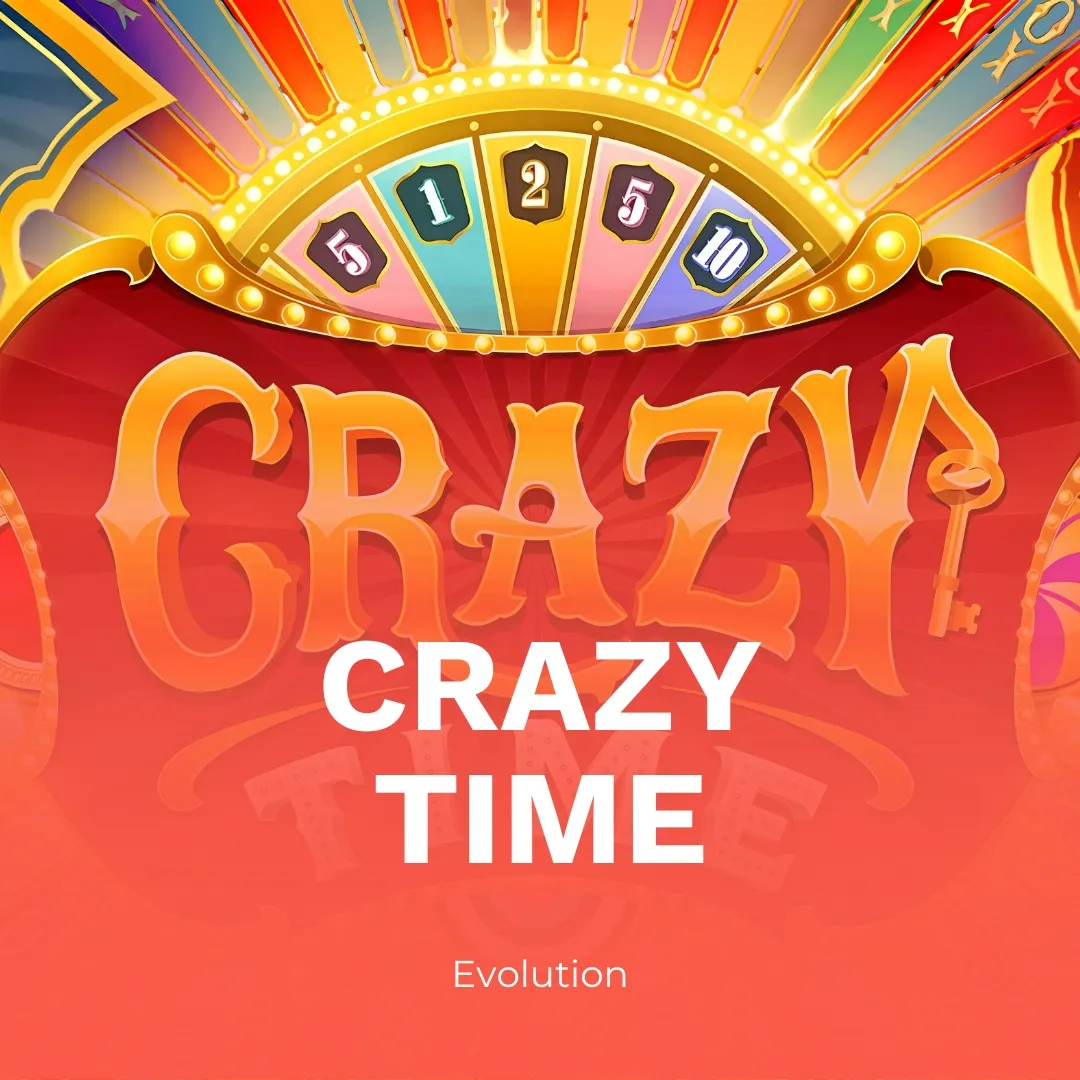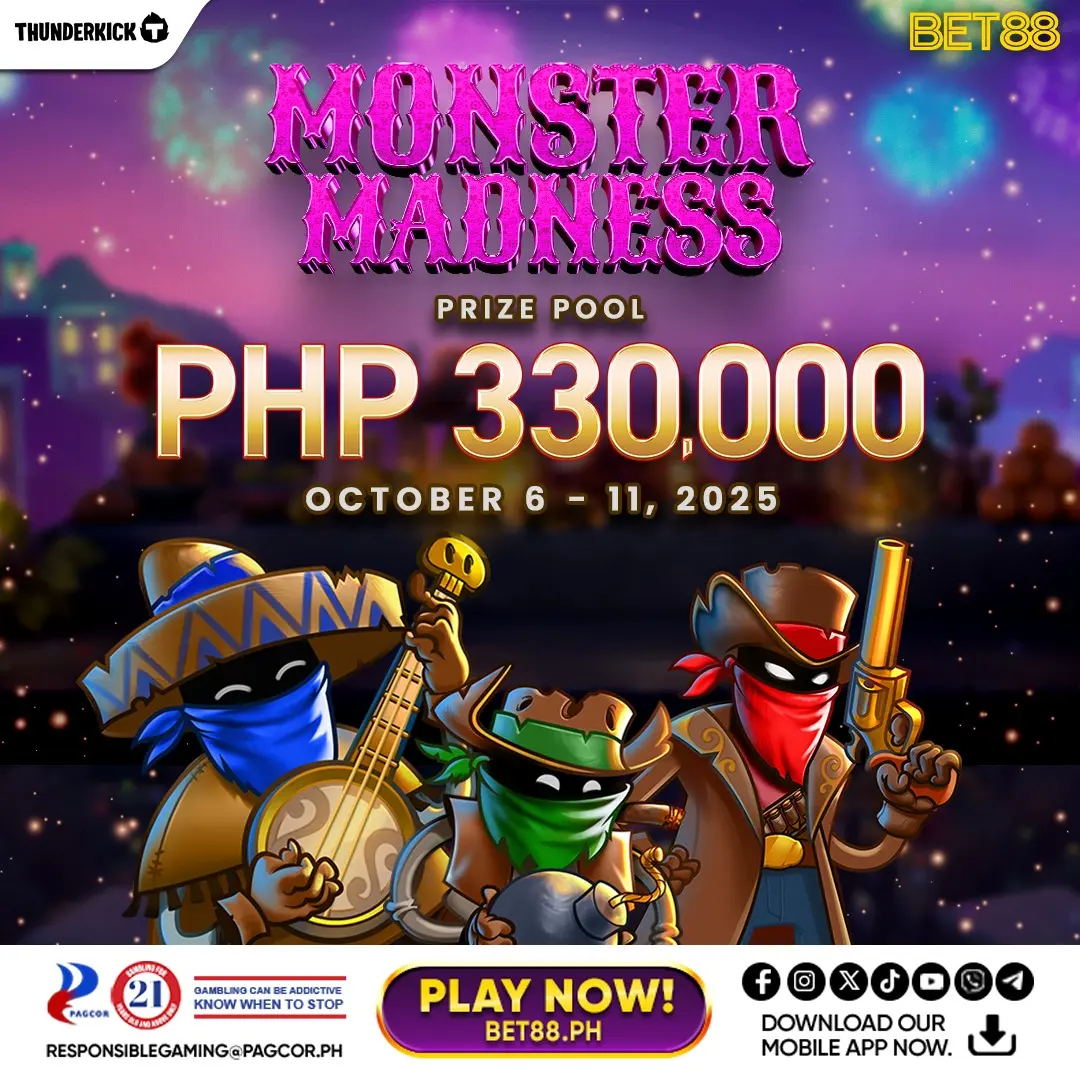Senator Christopher “Bong” Go has filed a new Senate bill that would shut down online gambling across the country. Dubbed the Anti-Online Gambling Act of 2025, the proposed law aims to wipe out digital betting platforms, apps, and payment services tied to gambling—backed by massive fines and jail time for violators.
Go called online gambling a “silent epidemic” wreaking havoc on Filipino families. He warned that easy access through smartphones and e-wallets has fueled a rise in addiction, especially among the youth. “Online gambling is far too accessible—and it’s destroying lives quietly,” the senator said in a statement.
If passed, the bill would ban all online gambling targeting Filipino users, including those hosted offshore. Internet providers, mobile app stores, and streaming platforms would be required to block gambling-related content within 72 hours of official notice. E-wallets like GCash and Maya would also be banned from processing gambling payments.
Fail to comply? Expect consequences. For operators, the first strike means a ₱20 million fine and a six-month suspension. A second offense jumps to ₱50 million or a one-year ban. Strike three? A whopping ₱100 million fine, permanent license cancellation, and up to six years in jail for executives.
But it’s not just about platforms. The bill also goes after gambling ads—memes, influencer posts, promo codes, and sponsored content included. “Kids are now seeing gambling as cool or normal,” Go said. “Some are even stealing from family just to place a bet.”
Senator Risa Hontiveros has filed her own version of a crackdown, called the Kontra E-Sugal Bill. It bans gambling access via super apps and e-wallets, raises the minimum gambling age to 21, blocks gambling ads across all media, and puts betting limits under PAGCOR’s control. It also channels gambling tax revenue into addiction recovery programs and awareness campaigns.
More senators are backing the clampdown. JV Ejercito and Francis Escudero have called for tighter rules to protect minors and families, including stricter ID checks and ad bans. But critics say a total ban could do more harm than good—risking a surge in underground gambling and wiping out as much as ₱40 billion in annual tax revenue from the regulated sector.
Some stakeholders are pushing for smarter regulation instead: age verification tech, self-exclusion tools, better ad controls, and tighter oversight without a full shutdown. PAGCOR has yet to comment publicly on the proposed bill.
The Anti-Online Gambling Act of 2025 is now awaiting committee deliberation in the Senate. If passed, it could trigger the biggest shake-up the country’s gaming industry has seen in decades—impacting everything from casino tech providers and fintech firms to influencers and everyday players.












